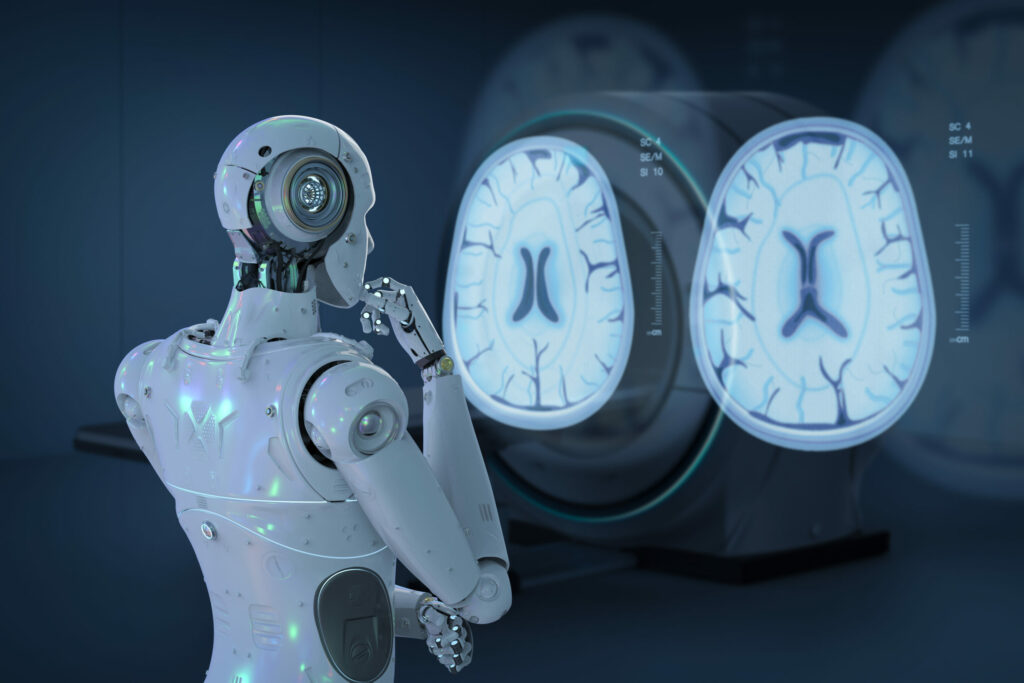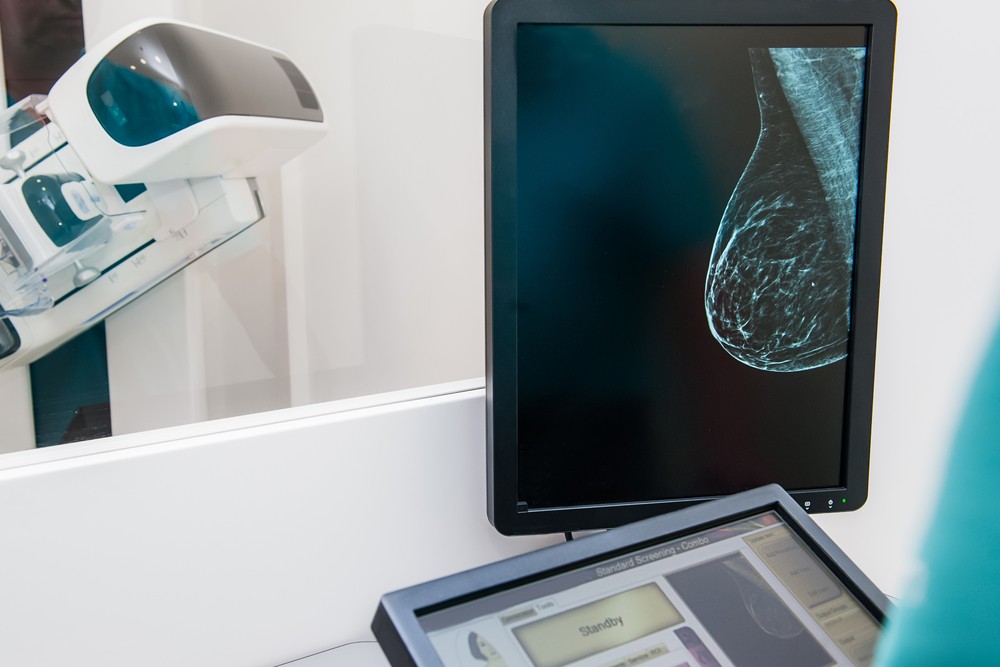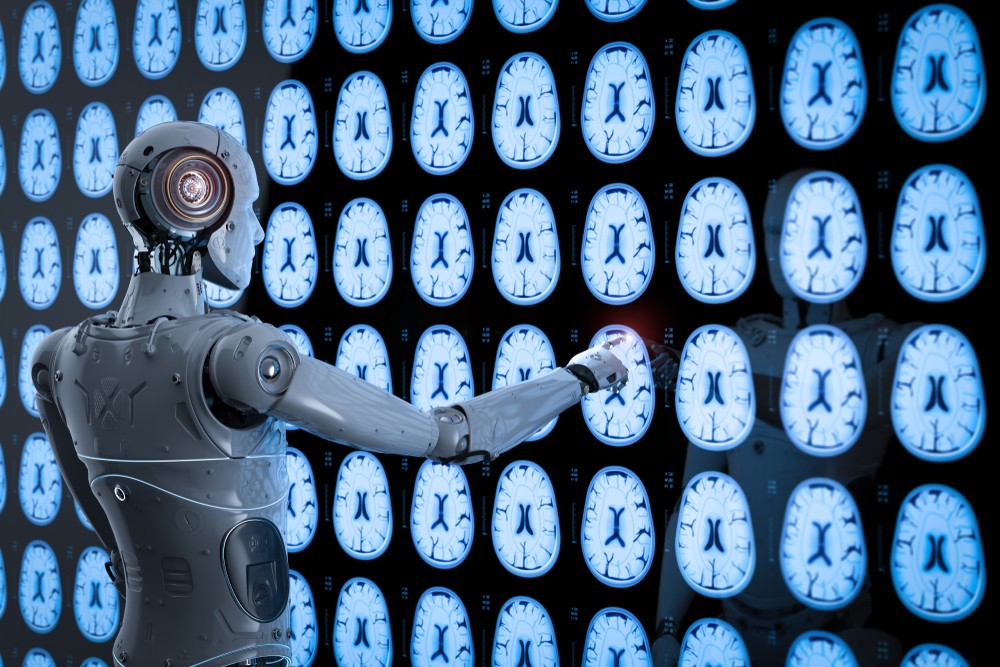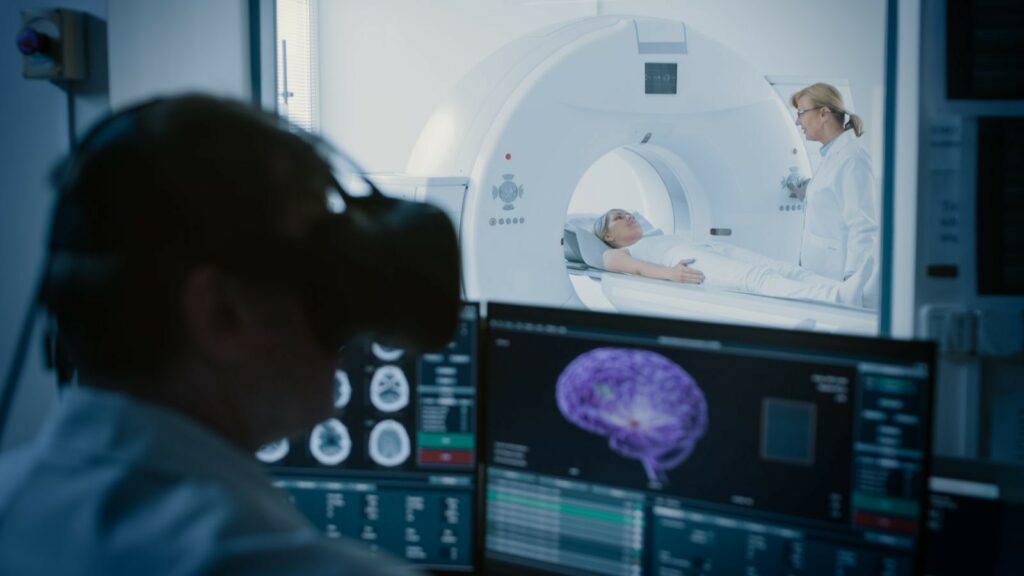Science and Tech
2020 Radiology Industry Technology Trends
Technological advancements in conjunction with innovative thinking have led to changes in the radiology industry. Today, innovative solutions offer advantages to radiologists and patients. These solutions allow radiologists to deliver higher-quality services, faster than ever before. In addition, some of these advancements can help prevent the radiologists themselves from experiencing burnout. However, determining which technologies…
Read MoreArtificial Intelligence for Breast Cancer Diagnosis: Sensitive But Not Specific
Researchers at the University of Washington and the University of California at Los Angeles (UCLA) have developed a machine-learning system that confirms breast cancer diagnoses made by radiologists, a recent paper in JAMA Network Open reports. Skilled diagnosticians differ in their interpretation of radiographic images of different forms of cancer. Concordance among physicians, in recent research…
Read MoreNew PET tracer and Parkinson’s disease
Parkinson’s disease (PD) affects about 1.2 percent of the elderly population, who are 71 years of age or older, worldwide. In the U.S., it is estimated that 60,000 Americans receive a PD diagnosis each year. Males are one and a half times more likely to develop Parkinson’s disease than females are. With the anticipated changes…
Read MoreHow Artificial Intelligence is Improving Radiology Workflows
Modern computing technology has improved efficiency in radiology in the same ways that it has in many fields. But many experts expected the benefits of IT on radiology to plateau. But now, the advent of real Artificial Intelligence is breaking down anticipated roadblocks, offering major improvements in the efficiency, quantity, and quality of the work…
Read MoreVirtual Reality in Radiology
Virtual reality (VR) refers to a computer-generated simulation of a near-to-real-life experience that is created using an interactive three-dimensional (3D) image or environment. VR fools the senses by eliminating distractions from the outside world, which provides the user with an immersive experience. Radiology departments are exploring the use of virtual reality in clinical care and…
Read More



